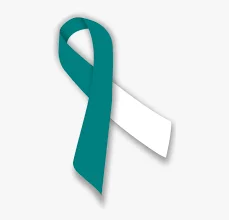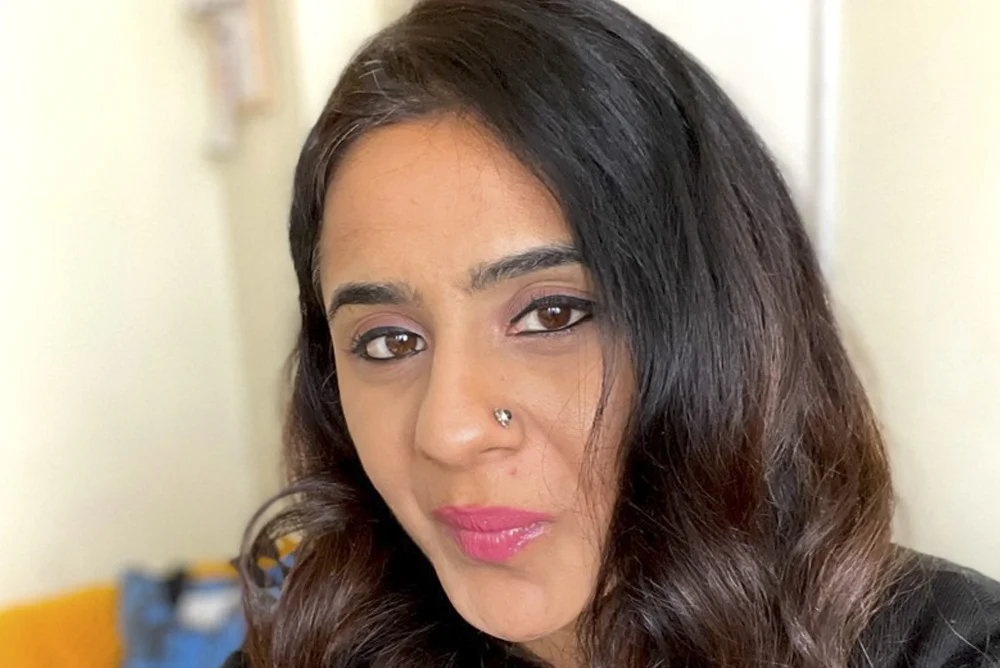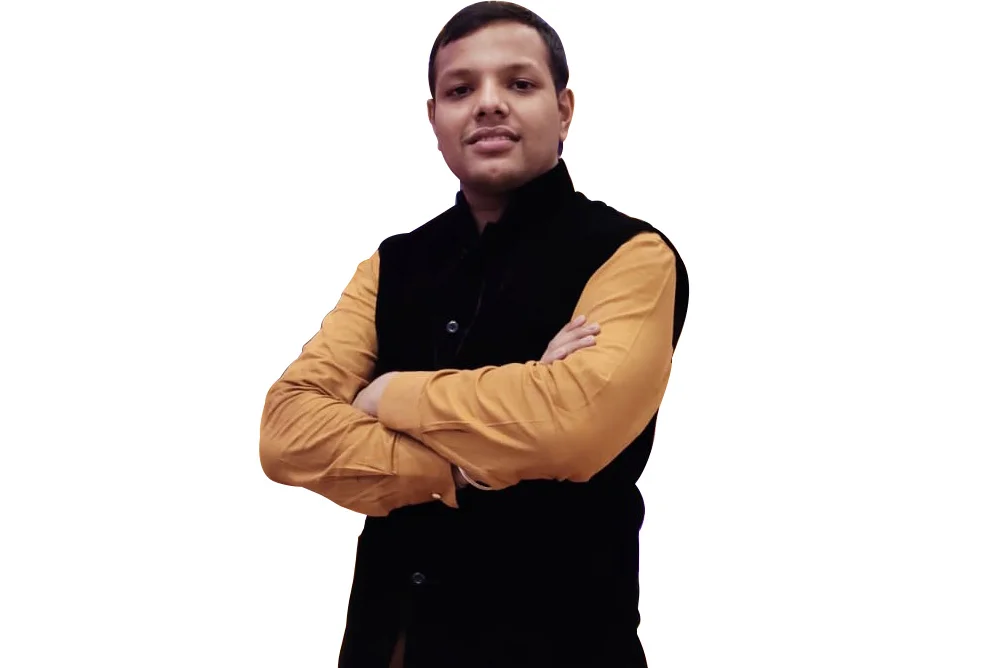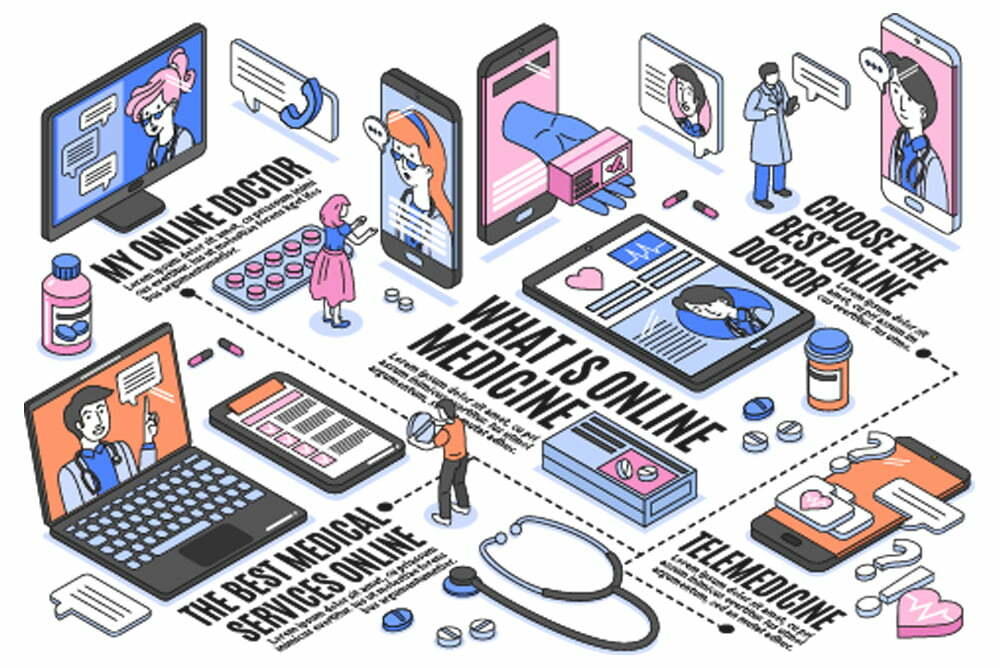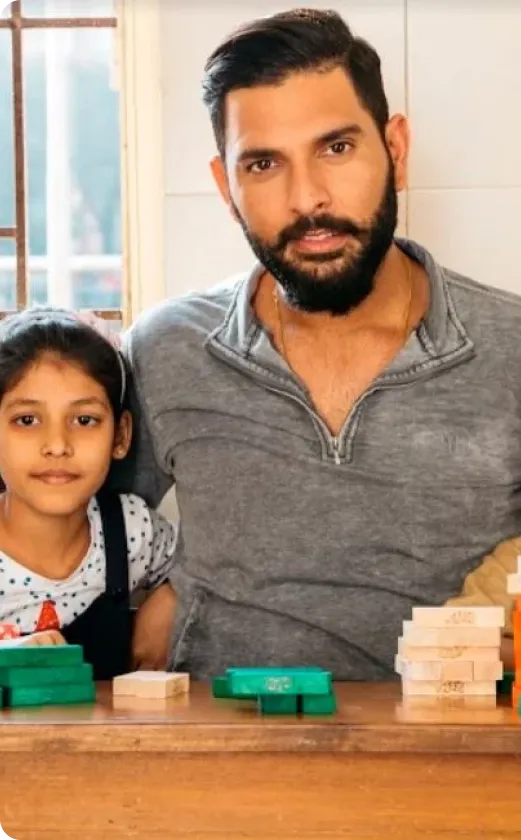
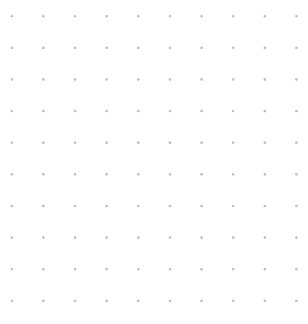
INTERVIEW WITH DR. ANJALI KUMAR ON CERVICAL CANCER. HEAR WHAT SHE HAS TO SAY.
POSTED ON 22 February, 2022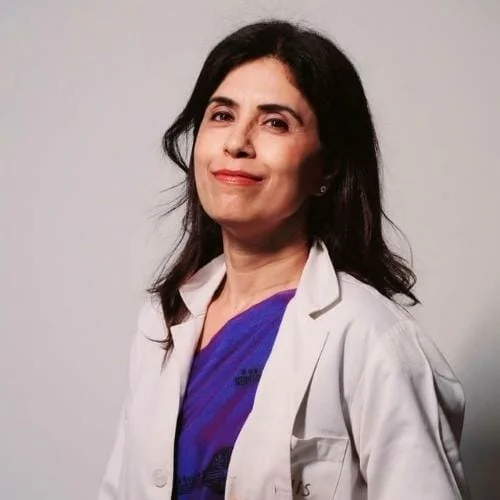
Dr. Anjali Kumar, Senior Gynecologist and founder of Maitri Woman – helps us understand how we can all work
towards lowering our chances of getting Cervical Cancer.
Q1. What is Cervical Cancer?
A. Cervical cancer is a type of cancer that occurs in the cells of the cervix — the lower part of the uterus that connects to the vagina.
Q2. What are the risk factors for Cervical Cancer?
A. Cervical Cancer is caused by a virus known as HPV (Human papilloma Virus). HPV is usually transmitted through a sexual route. In many patients, HPV may be present without it causing cancer. Only in some women, does HPV causes cancer. The risk factors include early initiation of sexual activity — this is when a woman starts her sexual life very early. Another risk factor is having multiple sexual partners. Poor genital hygiene, exposure to repeated sexually transmitted infection, and a compromised immune system also increases the risk of developing Cervical Cancer.
Q3. How long does it take for Cervical Cancer to develop?
From the time HPV enters your body, it is said that we have a long window of almost 5-10 years — before the cancer to begin. This is why it is important for screening to begin at the right stage. This should specially be considered for women who have a higher risk of developing cancer.
Q4. How can one lower their chances of getting Cervical Cancer?
A. 1. Be very careful of your hygiene
- Incase you have any infections, get them treated quickly
- Be sure of your sexual partners, and rule out any risk factor
- Use adequate Using barrier contraception — male or female condoms (either) can protect you against being infected with HPV.
- Avoid smoking and make sure you have a strong immune system
- Make sure you are regularly screened, and make sure you take the HPV
Q5. What are the risk factors for Cervical Cancer?
A. Before 21, you do not need to get a Pap test done. After this, you can get a Pap test done yearly. In case you are getting an HPV test done with your Pap test, you can get a screening done once in five years. Needless to say, if you have high rest factors — get screened more frequently.
“This is the only cancer where we know the cause, have a method of screening and have a preventative measure in the form of a vaccine”
Q6. What are the risk factors for Cervical Cancer?
A. Cervical Cancer is not genetic. This is the only cancer where we know the cause, have a method of screening and have a preventative measure in the form of a vaccine. Can you elaborate on the importance, dosage and side effects of HPV vaccine? We now have vaccines that prevent HPV responsible for Cervical Cancer. These vaccines protect you
against two, four, or nine strains of the cancer causing HPV types. Dosage of these vaccines depend directly on the age of the person. The vaccines are recommended from 9-26 years of age. Beyond 26, the vaccine is not recommended unless and until you have not taken the vaccine earlier — and you feel like you are high risk or have been exposed to HPV infection. After 45, the vaccine is not recommended For people up to 15 years of age, only 2 doses are sufficient. This means, 2 doses taken 6-12 months apart are sufficient From 15-26 years
of age, 3 doses are recommended. The first dose is given at 0 months, the second on the 1st month, and the final dose is given after the 6th month from the first dose. These vaccines are commonly available and do not cause serious side effects. Pain and swelling are sometimes observed — but there are no serious side effects.
